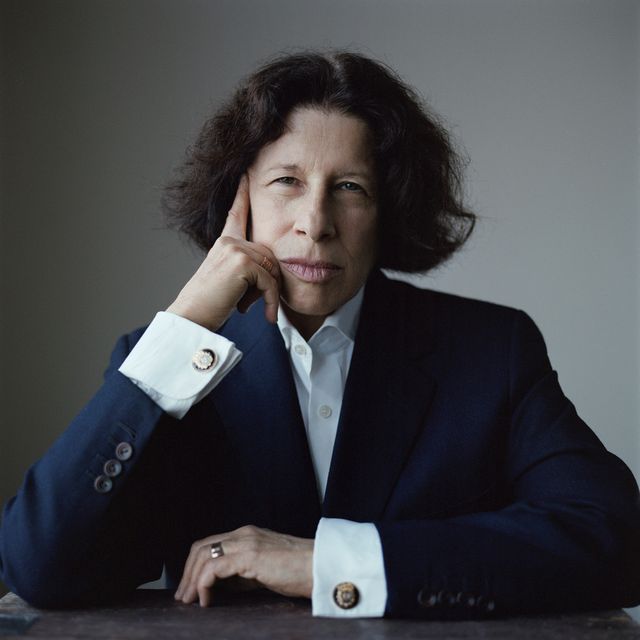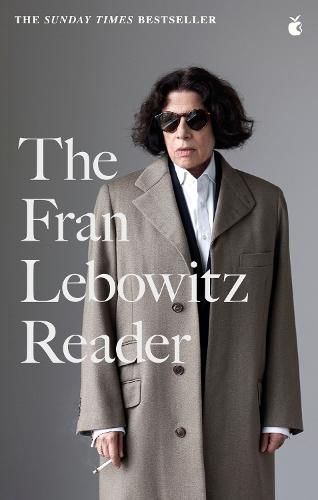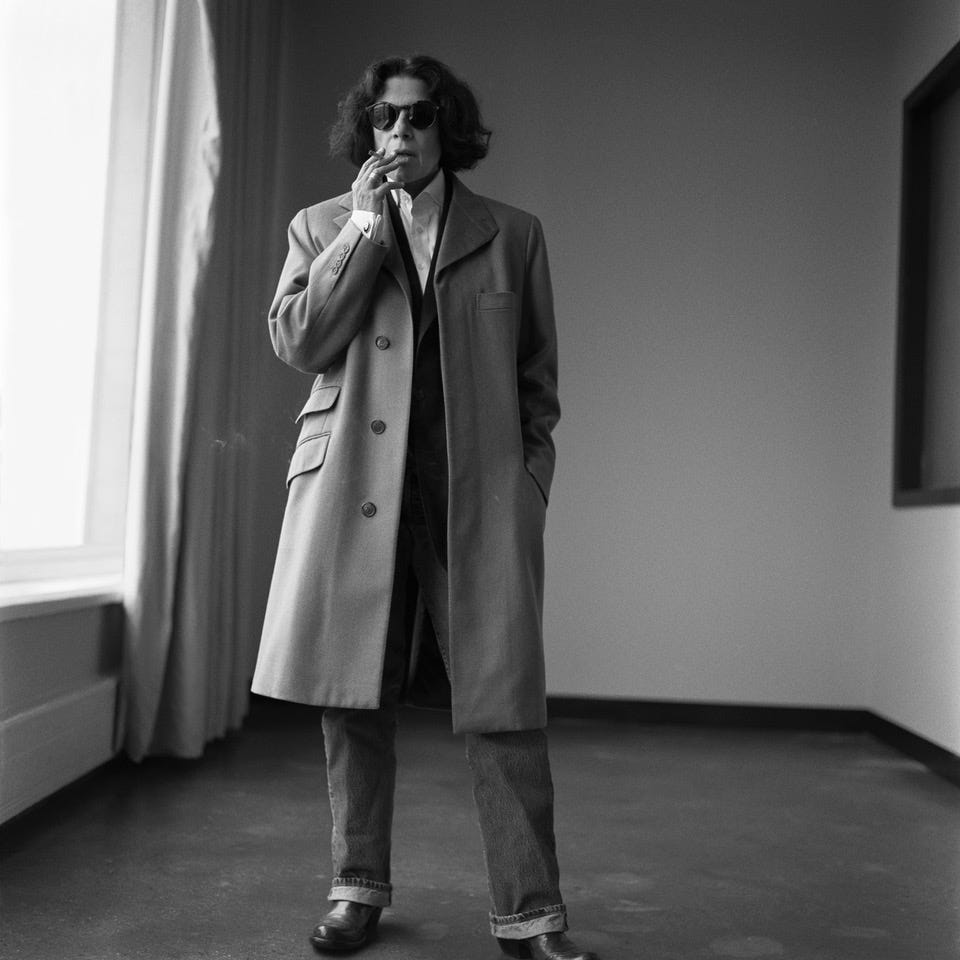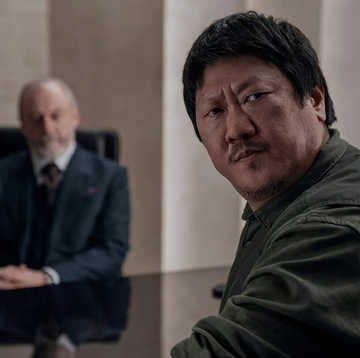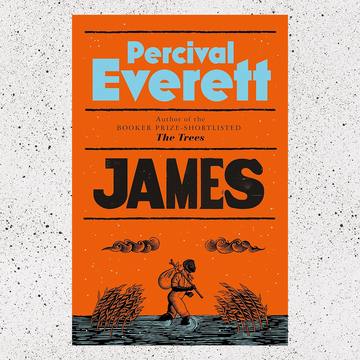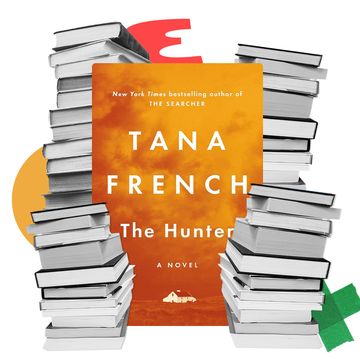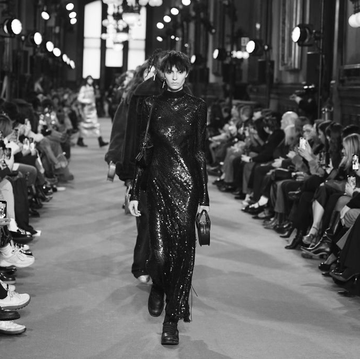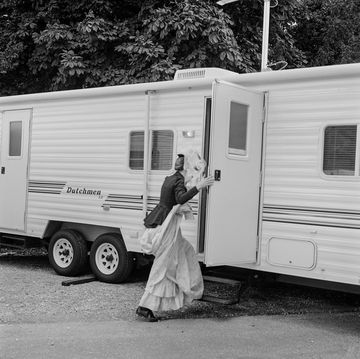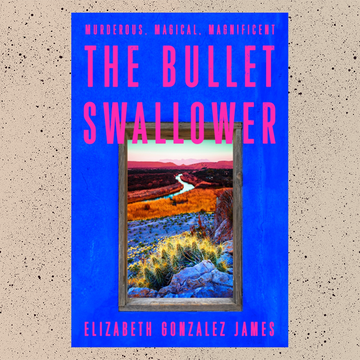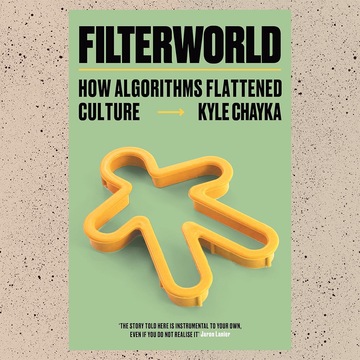When I wrote “New York Person” at the top of my Instagram bio years ago, I only had one “New York Person” in mind: Fran Lebowitz. And while I recognise the irony of mentioning my Instagram account as I introduce someone notorious for not having so much as an email address, I am confident that Lebowitz will never read this, both because she does not use the internet and because she does not care to seek it out.
Lebowitz is best known for sharing her opinion, whether through essays (she has two bestselling collections: Metropolitan Life and Social Studies), speaking engagements (she tours internationally), or interviews, like those she did with her good friend Martin Scorsese (whom she calls “Marty”) in the 2021 Netflix docuseries, Pretend It’s a City. But for all the opinions she holds, I am most struck by the things Lebowitz does not concern herself with having an opinion on—namely, the things that take up so much of my mental space as a highly online person who spends countless hours a week on social media.
I went into our phone conversation with great curiosity about Lebowitz’s sardonic take on everything from influencer culture (she isn’t sure what it is) to the Barbie movie (she hasn’t seen it, or Oppenheimer) to AI (it doesn’t scare her because she doesn’t know what it is). But it turns out—she doesn’t care! It’s not that she hates influencer culture as I expected her to; rather, she chooses not to know what it is and happily goes about her life. This feels inspired to me, as a millennial who frantically re-watches her Instagram story five times after posting it. I shouldn’t have aspired to Lebowitz’s level of NYC-specific personhood; I should have aspired to her level of not caring about how the world perceives me.
When the inside of your brain belongs to Fran Lebowitz, it’s a pretty interesting place to hang out. She gave me a peek inside as we talked over the phone about fandom, the writer’s strike, when she saw Destiny’s Child perform, and the comfort of her own mind.
This interview has been lightly edited for length and clarity.
ESQUIRE: You’re on the record as hating sports, but I saw that you recently attended a WNBA New York Liberty game at Barclays Center in Brooklyn. There’s a lot of buzz around that team right now. What got you there?
FRAN LEBOWITZ: I’ve actually gone to three games. I am known not to like sports; however, my best friend [Lisa Robinson] is a basketball lunatic. It’s a good thing that this passion is put to a sport instead of some political thing—she’d be a danger. And she really wanted to go, so I said, “Alright, we’ll go.” That’s how I ended up at these basketball games.
I find it interesting that you’re so much a part of internet culture through memes and viral clips while you notoriously opt out of social media or digital communication yourself. How do you feel about being so present in a digital sphere you’ve removed yourself from?
I only know about it because people tell me. People are always showing me things on their phones. If I wanted to see things on a phone I would get a phone. I don’t want to look at things on the phone, especially things about me. I don’t even read my old-fashioned press. If there’s something about me in The New York Times or in an actual paper magazine, I don’t look at it. It doesn’t bother me, because I don’t see it. People say, “There’s all this great stuff about you on the internet.” I say, “I’m sure there’s also a lot of bad stuff about me on the internet.” Because that’s just true about life! If I wanted to stop it, I couldn’t, as you know. There’s nothing to do about it.
Have you always not read your reviews?
When I was very young, I did. My first book came out when I was 27—I read everything. I probably kept that up until I was in my early 30s, and then I just stopped. I know you’re young—I can tell by how you sound—also, everyone is much younger than me. At a certain point you lose interest in yourself, or at least you should. There’s a limit to how long you can think about one person, even if that person is you. I’ve lost interest in the subject.
I would prefer there be good things about me than bad things. I would certainly prefer there not be dangerous stuff about me. I stopped looking at photographs of myself. When people take photographs of me, they always say, “Do you want to see it?” I say, “No, I don’t want to see it.”
In Pretend It’s A City, you spoke about how no one is loved like musicians because they give us the ability to express our emotions in a way no other artist can. The craze of Taylor Swift’s Eras Tour and Beyoncé’s Renaissance Tour feels like the pinnacle of this. What do you think about these concert experiences and the lengths people are going to to see their favourite artists live?
You might not be surprised that I’ve seen neither of these. Although, I did see Beyoncé a few times when she was a kid. There used to be this pediatric AIDS philanthropy that had this big fair in New York once a year. It was for children, but it was super expensive to attend, so it was for rich children. At the end of it, they had unfamous musicians by where people were leaving, and at least twice they had Destiny’s Child. Everyone else I knew had left; I went to listen to them, and the next time, I said, “You have to see these kids! They’re really good!” I haven’t seen Beyoncé since then. I mean seen her perform; I’ve seen her places.
We seem to be in an interesting time in the battle between art and commerce, what with ChatGPT and other AI tools sweeping in to supposedly replace writers, artists, and the rest of us. What do you think about the future of creative work in this new landscape?
If there’s a battle between art and commerce, I’m sure you’re aware, commerce won. I know people are very upset about AI. I’m not very upset about it, partially because I don’t really understand it, and partially because I’m much more concerned about the loss of natural intelligence than I am about the advent of artificial intelligence. And if artificial intelligence takes over, it is the fault of natural intelligence.
The writer’s strike was a necessary strike, as is the actor’s strike. People think of actors in movies as Meryl Streep. OK, the strike wasn’t for Meryl Streep—the strike was for the other 160,000 people who are not Meryl Streep, because most people are not Meryl Streep, including most actors. I am on the side of anyone striking; I don’t care what they’re striking for. I’m on the side of all strikers. All my grandparents were immigrants. I was raised not to cross a picket line—I wouldn’t think of it. I don’t care what the strike is. I’m on the side of the strikers.
Books have obviously played a huge role in your life. Are there any contemporary writers that you particularly love?
There are a lot of writers that I like. Don’t ask me to name them. Some of them are my friends, but most of them are not, because it’s really a good idea not to have too many friends who are writers.
But what there isn’t, and what there never is, is a genius every three months. This is something promoted by the publishing industry, and not just publishing, but every single walk of life you can imagine. Every three minutes there’s a new genius! Genius is so rare that the worldwide symbol of genius is still a picture of Albert Einstein. If someone tells you this guy is a genius, he’s probably not.
I actually just wrote an article for Esquire on book blurbs that talks a lot about that. Not every book can be “luminous.”
I just in the last year said, “You know what, I don’t do [book blurbs] anymore.” It is a totally losing game. I am a big book buyer—if everyone bought as many books as I did, writers would be as rich as actors. But I once bought a book because of a blurb by one of the three or four smartest people I’ve ever known, and a fantastic writer. He gave this book this great blurb. I bought the book and really didn’t like the book, and I called him and yelled at him. I said, “You can’t possibly think this?” And he said, “I know, but he’s a friend of mine.” So I said, “Well, you should have called me first and said, ‘Don’t buy that!’”
[Blurbs] put a tremendous pressure on people. Sometimes publishers ask you as a writer to ask a person. The publisher should do it anyway; the writer should never do it. But no one should do it. There are a million visual artists—put a picture there instead.
You’ve said there’s no such thing as a guilty pleasure, because deriving pleasure from something is reason enough to do it. I can’t imagine you revving up an episode of The Real Housewives of New York after a long day, but do you have any “not guilty pleasures”?
I’m not a big consumer of junk. I’m a very high-minded person. I used to read all these junky tabloids—The National Enquirer, stuff like that. They’re probably on the internet now, but truthfully I wouldn’t know who a lot of these people are anymore. There are a lot of people I know of only because people talk about them all the time. That’s how I know about the Kardashians—because people talk about them all the time. Although they seem to have been eclipsed by Taylor Swift. I know they’re vastly different, but not to me.
In a recent conversation with Julia Louis Dreyfus on her podcast, you said that the main divide in the world is between people who like cities and people who don’t. What did you mean by that?
I travel all over the world, not just all over this country, and that really is the big difference between people. I don’t just go to Sydney and London and Milan; I also go to relatively rural places, and people are really different. People are different who live in New York City, or who live in Buffalo. Supposedly a city, supposed to be a city. Almost nothing seems like a city to New Yorkers except New York. To me, there are two cities in the United States: New York and Chicago. They’re both cities. San Francisco is a village; LA is not a city. Chicago is a real city. I love Chicago. But doing a speaking gig in New York is different than anywhere else in the world. The audiences are different. In what way are they different? They’re faster.
Do you think now is a good time to be a New Yorker?
I think any time is a good time to be a New Yorker. Especially since you have to think, “What are my other choices?” and my other choices are not New York. If you’re asking me if New York is at the top of its game at the moment, of course not. We just lived through the city being completely shut for a year. So has New York recovered from that? No, of course not.
Do you have a favourite bookstore in the city?
First of all, anyone who has a bookstore, thank you, wherever it is. I like The Strand, I like The Argosy, but really I like any bookstore.
You’re in conversation with Marlon James at Kings Theater in Brooklyn on October 21st and have speaking appearances lined up on your website through 2024 as far away as Australia. I’m in awe of how you’ve made a living telling people your opinions. What do you think of influencer culture, a whole “economy” of people making a living by sharing their opinions online?
I’m not 100% sure what it is. I should tell you, I’ve been doing this since I was 27; I’m going to be 73 in a few weeks. I do it, but I wouldn’t say I influence people. I’ve been trying to tell people what to do my whole life, but no one ever does what I say! If you really want people to do what you say, you should be a dictator.
I do these speaking engagements because I have to pay for my apartment. However, I love doing them. I hate getting there, especially Australia. I don’t know if you’ve ever been to Australia, but it’s like, literally three days away.
If you didn’t need to work for money, would you live out the rest of your days wandering around the city and reading on your couch?
If I didn’t have to work to make money, or if I didn’t have to pay everyone’s taxes in New York—because I consider myself as a designated taxpayer apparently in the 190% tax bracket—I wouldn’t work. I would still do some speaking gigs because I really enjoy them, but I wouldn’t be doing speaking engagements where you have to fly for 24 hours. I would walk around. I would read. I have to tell you, I have never been bored a minute in my life unless I was with other people.
That’s a really unique thing that a lot of people don’t possess. What do you think makes you so comfortable with your own company?
I don’t know. I enjoy myself. For instance, if I’m doing a speaking gig, I always say to my agent, “If the client will pay for a car, can I drive there?” By which I mean sit in the back of a car. People say to me, “But you don’t have a phone. Reading in the car makes you sick, so what do you do? Aren’t you bored?” No. I’m perfectly happy to sit in the car and think.
Sophie Vershbow is a social media strategist and freelance journalist in NYC; her work has appeared in The New York Times, Vogue, Vulture, Literary Hub, and more.
